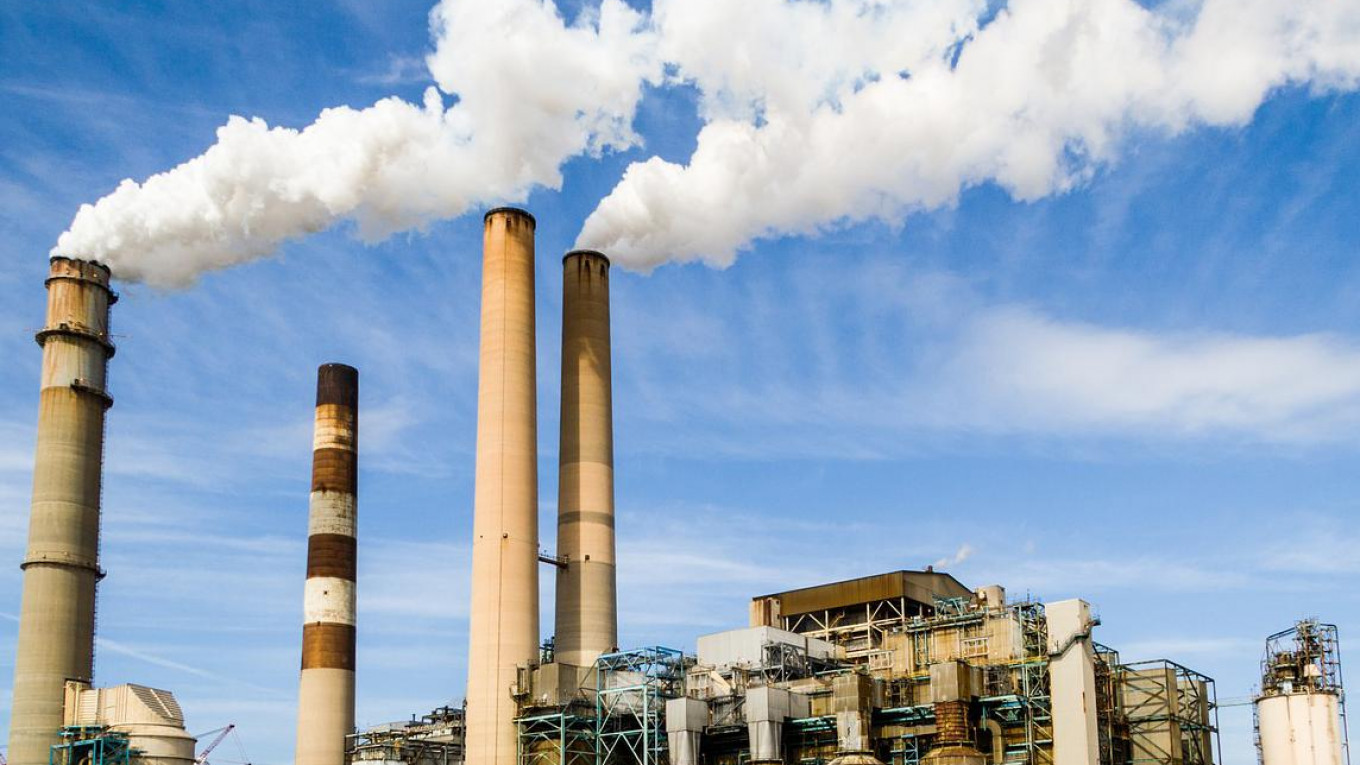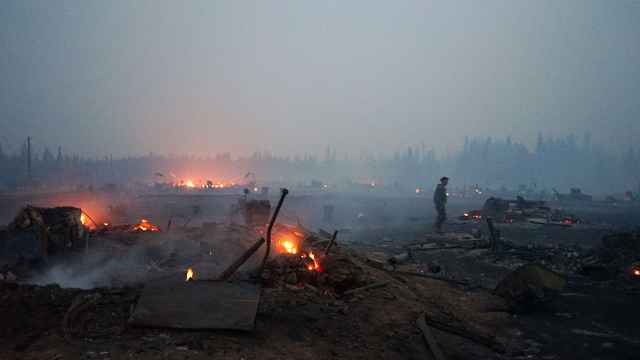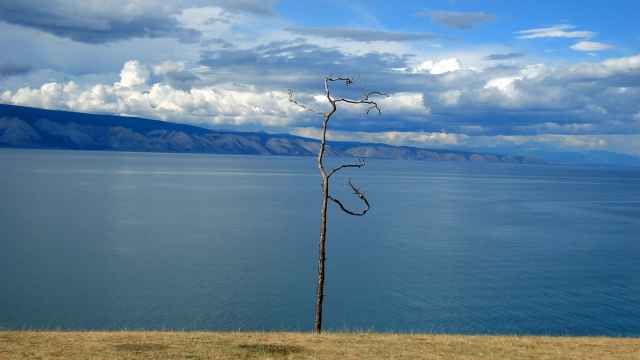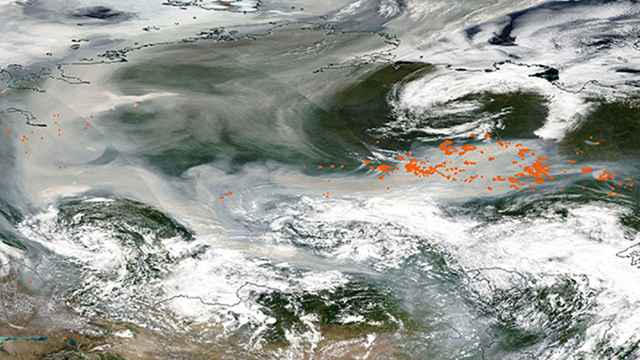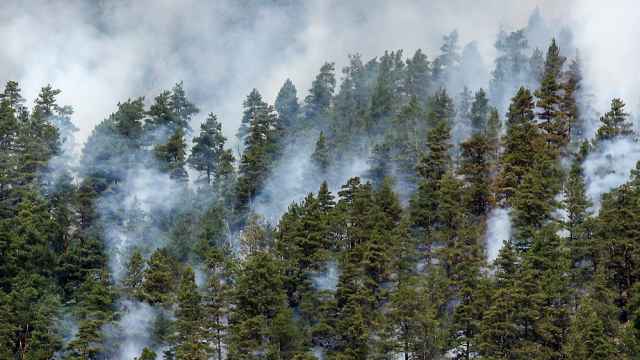More than 16 million residents of Russia’s largest cities are breathing polluted air, an annual Natural Resources and Environment Ministry report cited by the Kommersant daily on Thursday suggests.
Russia’s fledgling post-Soviet environmental protection movement has been hampered in recent years by corruption, lax enforcement of laws and a crackdown on advocacy groups. Russia ranked 32 out of 180 countries in the 2016 environmental performance index compiled by Yale University.
The Environment Ministry’s report estimates that 16.4 million people, or 15 percent of Russia’s urban population, are exposed to air pollution.
More than three-quarters of city dwellers in the Siberian regions of Buryatia, Khabarovsk and Taimyr are vulnerable to high levels of air pollution, according to the report.
Pollutants in the industrial cities of Krasnoyarsk and Magnitogorsk were found to exceed maximum permissible levels by 30 times, according to the report cited by Kommersant.
Other major contaminated cities include the mining and smelting center Norilsk, which was recently ranked among the 10 most polluted places on earth.
Overall emissions in Russia totaled 31.6 million metric tons last year, representing 1.1-percent growth compared to 2015. Industrial emissions accounted for more than half of that figure, followed by air pollution from vehicles.
The Moscow region leads the country in vehicle emissions, accounting for one-eighth of all pollutants released by vehicles. Kommersant reported in January that vehicles cause up to 80 percent of air pollution in major Russian cities.
The ministry report names the North Caucasus cities of Ingushetia and Kabardino-Balkaria, as well as Sevastopol in Crimea, as Russia’s cleanest cities, but noted growing pollution in all three cities in 2016.
A Message from The Moscow Times:
Dear readers,
We are facing unprecedented challenges. Russia's Prosecutor General's Office has designated The Moscow Times as an "undesirable" organization, criminalizing our work and putting our staff at risk of prosecution. This follows our earlier unjust labeling as a "foreign agent."
These actions are direct attempts to silence independent journalism in Russia. The authorities claim our work "discredits the decisions of the Russian leadership." We see things differently: we strive to provide accurate, unbiased reporting on Russia.
We, the journalists of The Moscow Times, refuse to be silenced. But to continue our work, we need your help.
Your support, no matter how small, makes a world of difference. If you can, please support us monthly starting from just $2. It's quick to set up, and every contribution makes a significant impact.
By supporting The Moscow Times, you're defending open, independent journalism in the face of repression. Thank you for standing with us.
Remind me later.


